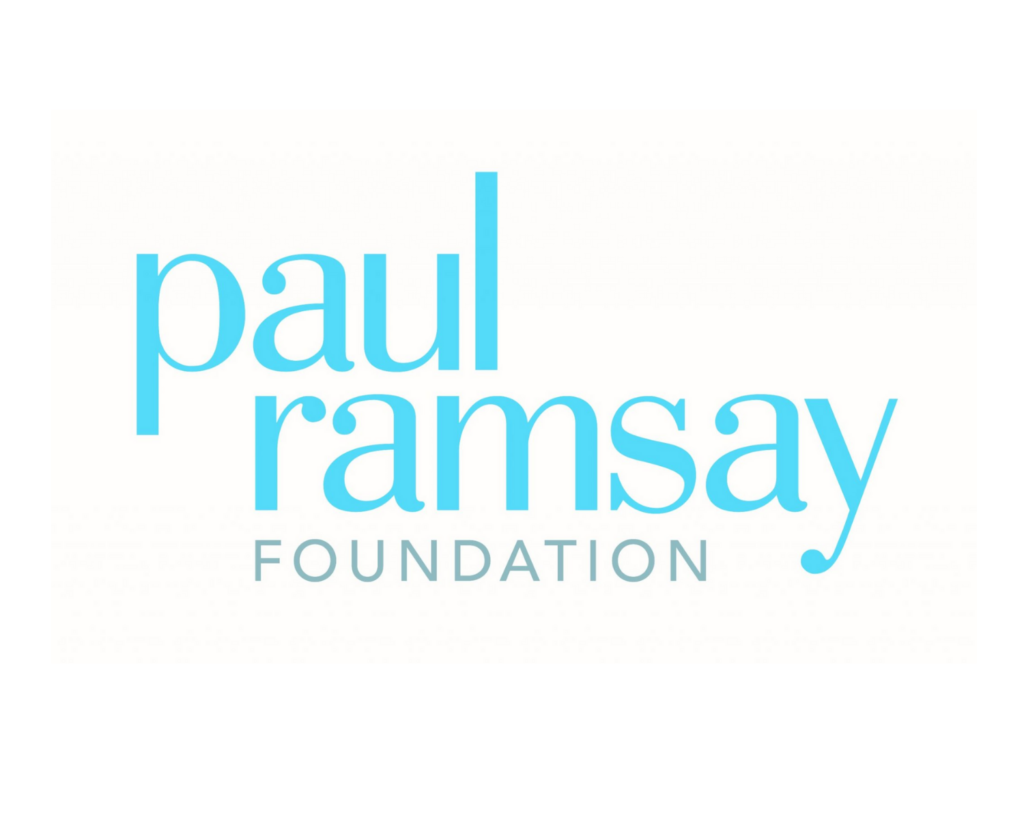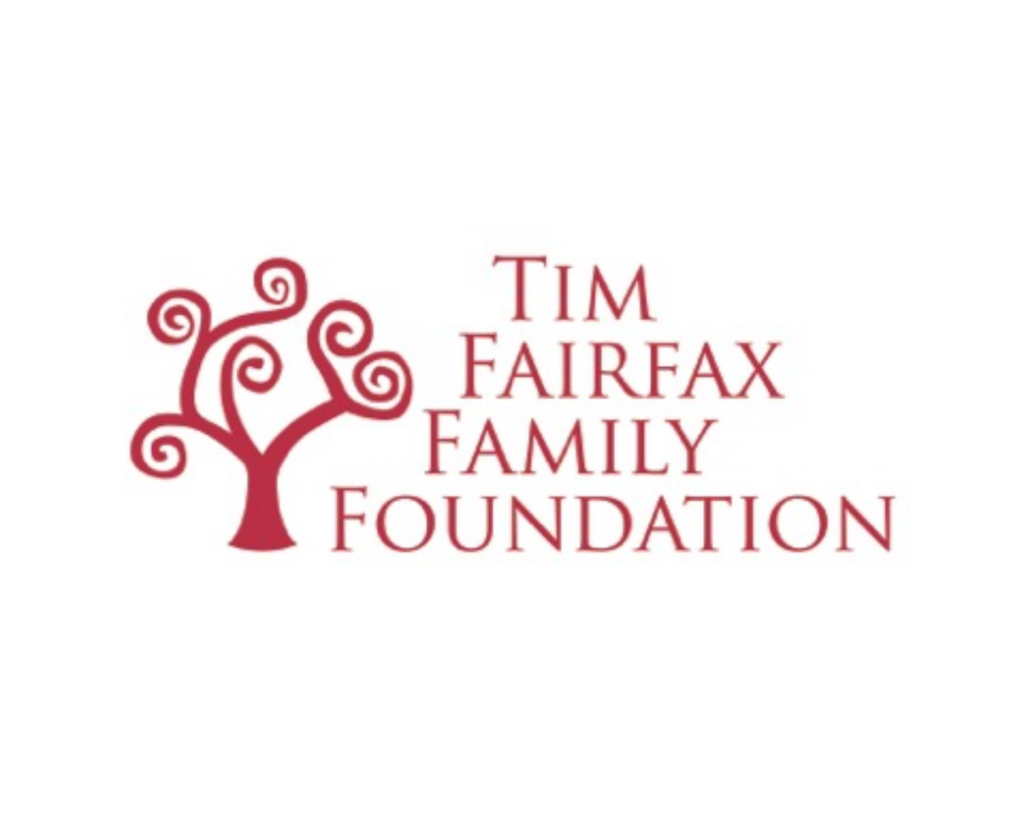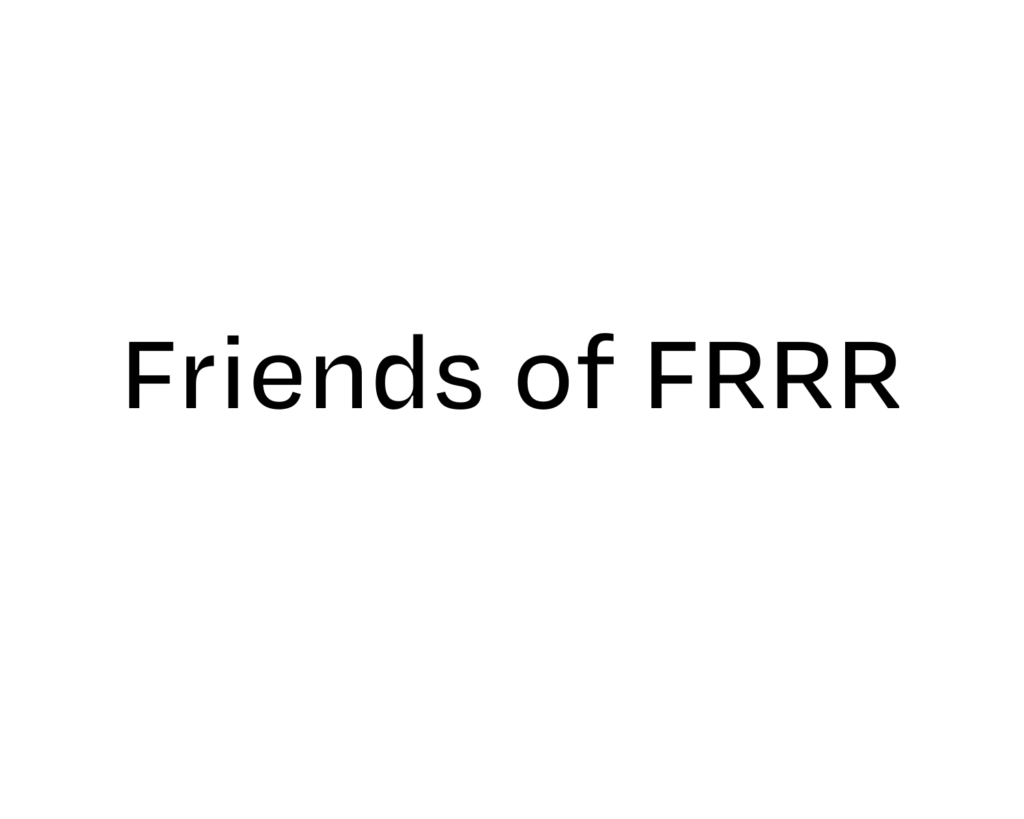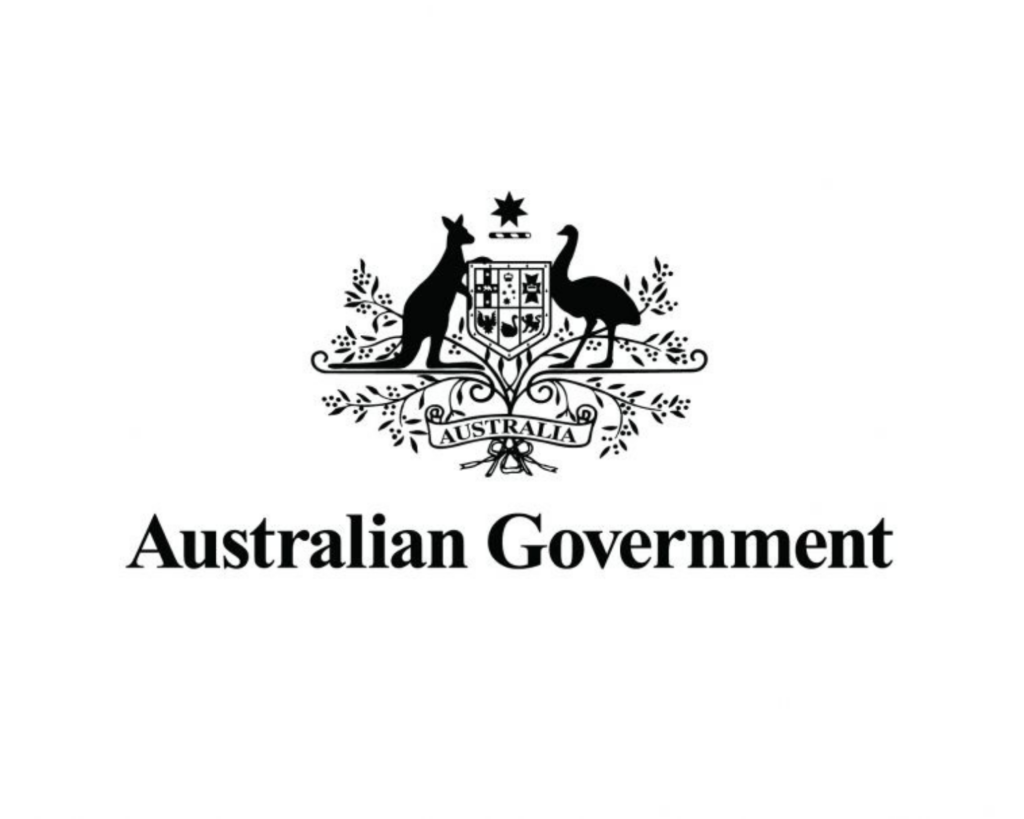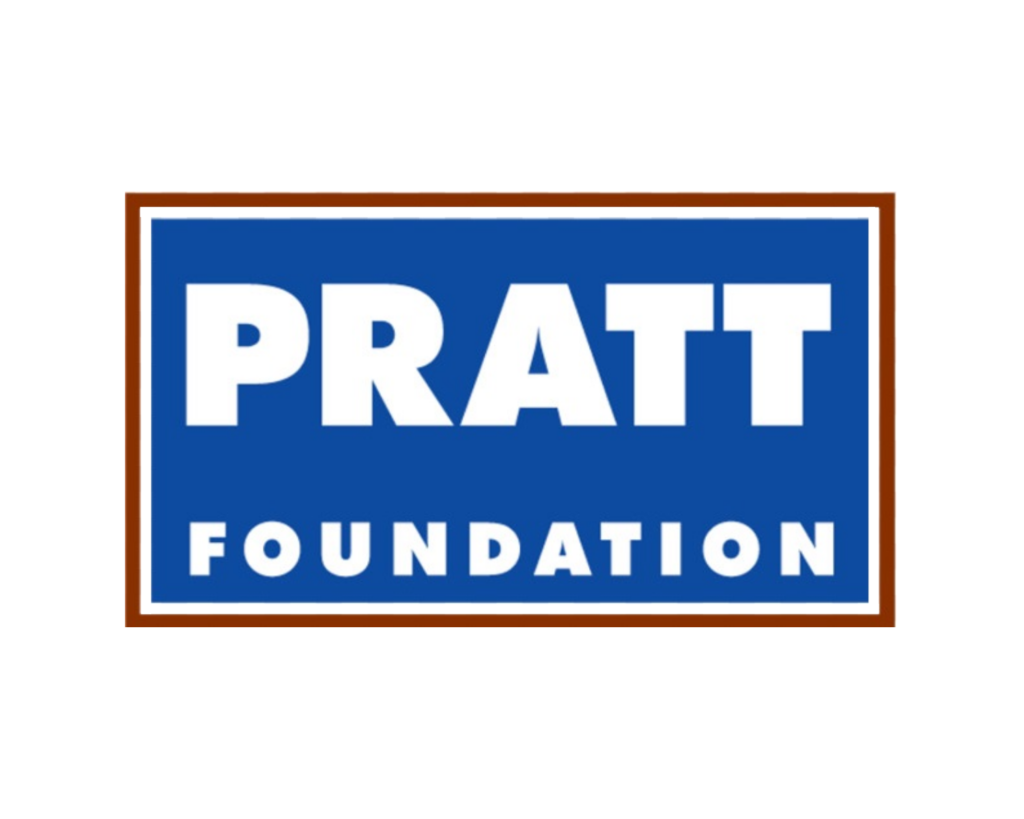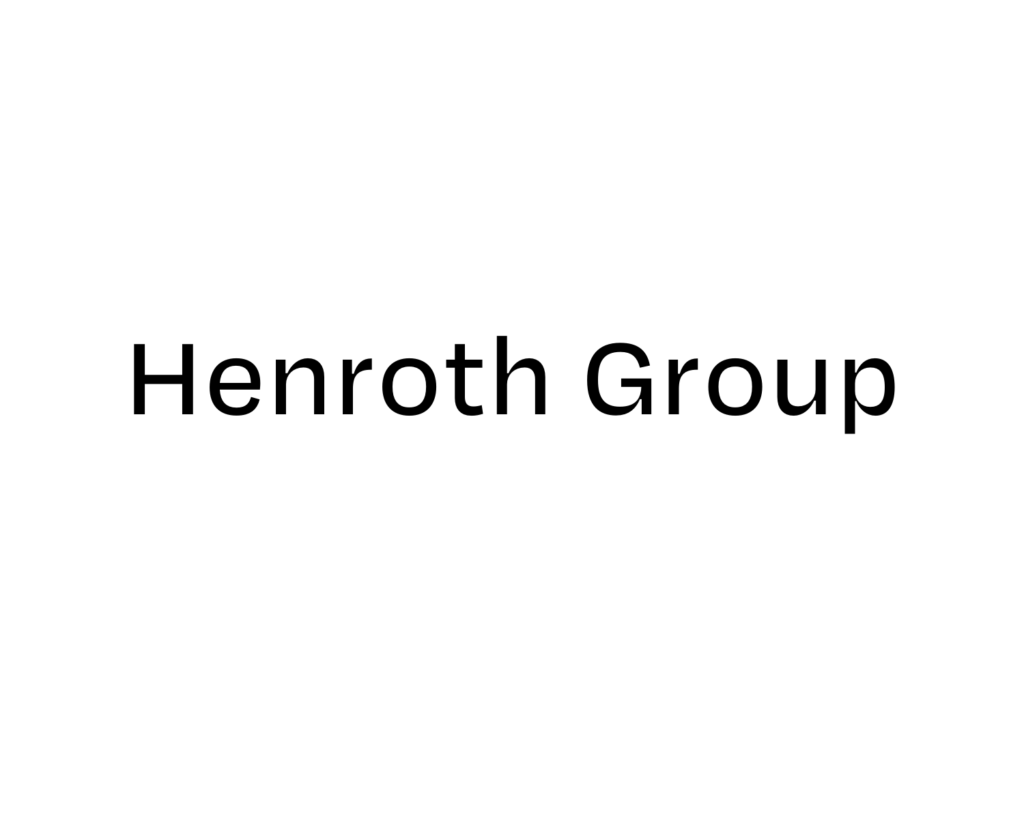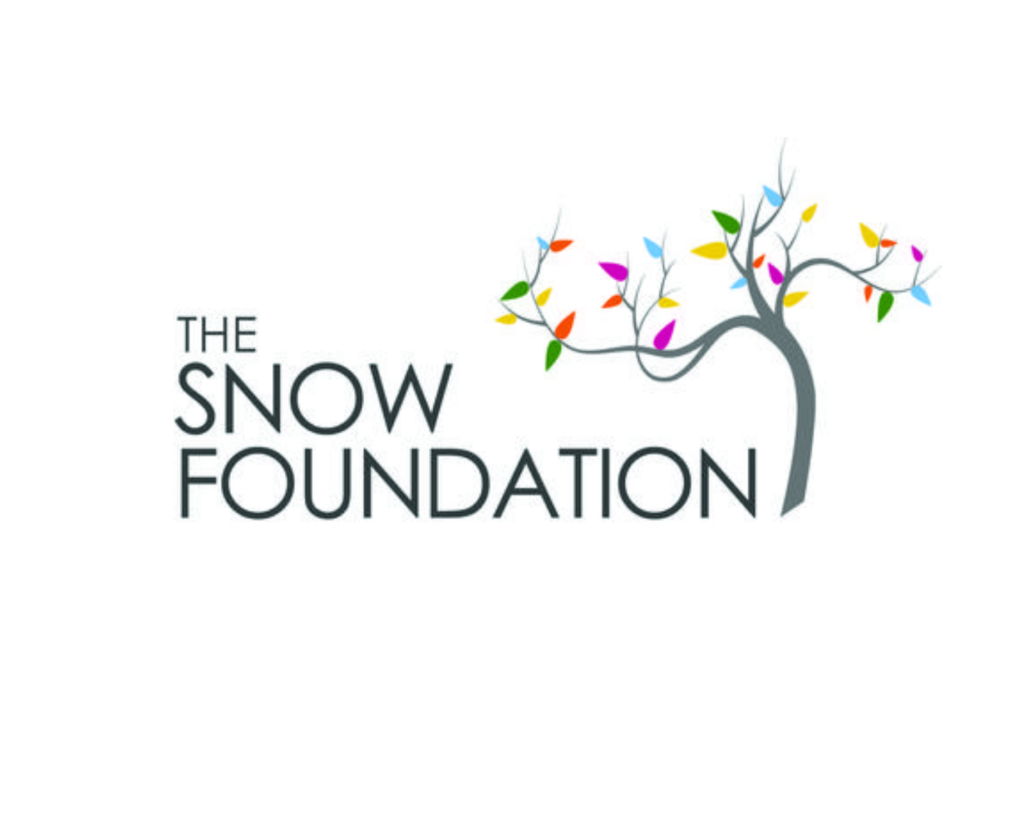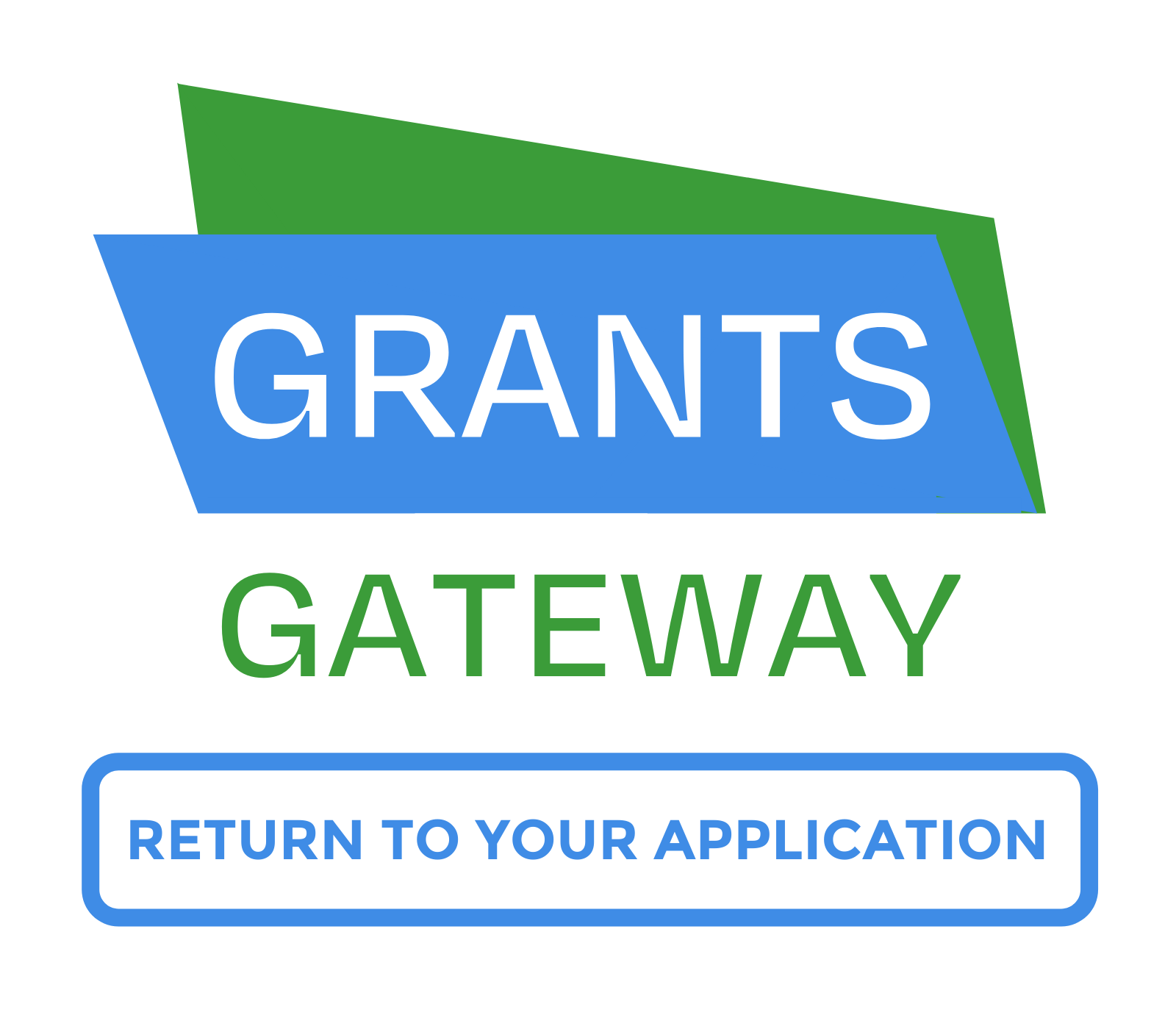Tackling Tough Times Together
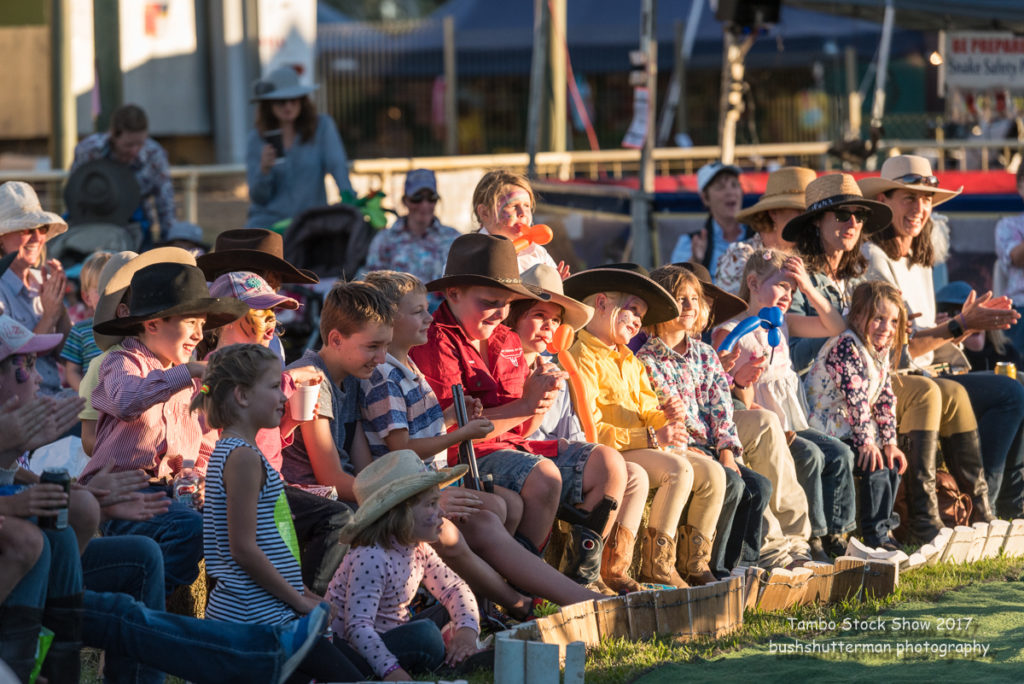
The Tackling Tough Times Together (TTTT) grant program helps communities access the resources they need to support one another through the ongoing effects of the drought.
While the Australian Government’s funding for the TTTT program has been expended, funding from other donors remains.
The program now has a targeted geographical focus of support to communities where the impacts of drought are still being felt. Grants of up to $10,000 will be available to specific eligible Local Government Areas only.
Proudly supported by

Future rounds to be advised

Round 23 is now closed
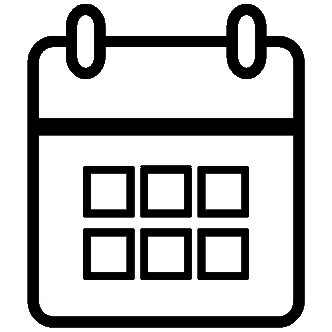
Previous rounds
How to apply
Please read the information on each of the three tabs below to make sure this is the right grant for your project.
If you want to explore other grant programs, please go to Find Funding Now.
I have a question, who can I talk to?
Jane Crane
Phone: 1800 170 020
Email: toughtimes@frrr.org.au
Confirm you are eligible to apply for this grant
To make sure this is the right grant for your community, please read the grant information below carefully.
Click on each headline to reveal the detail.
What are the program objectives?
The Tackling Tough Times Together (TTTT) program gives drought-affected communities across remote, rural and regional Australia the opportunity to access funds that benefit their immediate and long-term needs. Grants are available for grassroots, community-led initiatives that directly benefit local communities.
Applications received must address at least one of the following Program Objectives:
- Reduce social isolation by facilitating strong social cohesion and connection;
- Support and engage the community in leadership development and skills training;
- Support opportunities for social and educational participation and address disadvantage caused by the drought, for children and young people;
- Reduce volunteer fatigue and build the capacity, capability and sustainability of local not-for-profit organisations to provide support to their communities, particularly where they are playing an increased role during the drought; and
- Support local economic recovery or renewal through projects that stimulate economic activity and cash-flow within communities.
Is this grant available in my area?
Projects must benefit communities affected by drought in LGAs listed here. FRRR will use this list to inform eligibility, but it will not be the only basis on which an application is assessed and prioritised. If you believe that you are in a drought-affected community whose LGA is not listed, call us on 1800 170 020 to discuss the situation before applying.
Visit our Find Funding Now page for other options that may suit your needs.
How much funding is available? Are there priority areas?
Thanks to the generous support of the donor partners listed above, FRRR has funding available to support drought-affected communities in eligible LGAs.
The program has a strong preference to support grassroots organisations based in drought-affected regions rather than those delivering services to, but not based in, affected regions. While all requests will be considered, projects led by local communities will be given strong preference.
Grants up to $10,000 are available for drought-affected communities in eligible Local Government Areas.
What can be funded?
This program is designed to provide flexible funding to support community-based activities in eligible drought-affected regions that both help to relieve current stressors and symptoms, and most importantly, build capacity and resilience for the future. Funds could also support activities that engage your local community in being proactive, exploring options and creating something that will stand the test of tough times.
This program funds a broad range of initiatives and purposes, including:
- Delivering activities, programs and services;
- Purchasing or hiring equipment and materials;
- Community infrastructure projects;
- Art, drama and creative expression projects to assist people to creatively express their experiences, which are otherwise limited due to the drought;
- Experiences for school children such as camps that connect young people and provide an opportunity to have fun with other young people off-farm.
Operational and administrative costs associated with your project will be considered. This could include wages, paying a skilled contractor, or paying for overhead costs incurred in the project’s delivery.
What can’t be funded?
There are several areas that we can’t fund through this program. If in doubt, please contact us.
- Ongoing core organisational operational costs (e.g. rent, utilities, regular wages, loan repayments);
- The encouragement or advancement of sport, recreation and social activities are not considered charitable activities under Australian law. Applications from sporting organisations need to clearly demonstrate charitable outcomes and benefit to the wider community that are above and beyond the sporting activities of the club;
- Overseas travel and overseas projects;
- Prizes, gifts, trophies or awards;
- Projects that have already occurred or will occur before the grant is confirmed;
- Political lobbying;
- Projects solely focused on animal welfare cannot be considered;
- Projects that are for private benefit or which are the core responsibility of Government; or
- Projects outside a remote, rural or regional area.
Is my organisation eligible?
Projects must benefit communities affected by drought in LGAs listed here. FRRR will use this list to inform eligibility, but it will not be the only basis on which an application is assessed and prioritised. If you believe that you are in a drought-affected community whose LGA is not listed, call us on 1800 170 020 to discuss the situation before applying.
To apply, you must meet the following criteria:
- Applicant organisations must be a not-for-profit organisation with either an Incorporation Certificate and/or an ABN. If you are unsure if your organisation is a registered not-for-profit (for example, if you are a Co-operative, Other Unincorporated Entity, Public Company or Trust), please contact FRRR;
- Project must offer clear public benefit (i.e. have a charitable purpose) for drought-affected communities across remote, rural and regional Australia and address a need in a community (see What Can be Funded above);
- Not-for-profit organisations with or without DGR-1 endorsement are eligible;
- Organisations can submit one application per grant round; and
- Projects must be in a remote, rural or regional area.
Please note, you will be considered ineligible if the:
- Application is submitted by individuals, sole traders, private or commercial businesses (as per the submitted ABN);
- Application is submitted by an organisation that is not a legal entity, without the written consent of the governing / partnering body who holds the ABN / Incorporation number;
- Application is submitted without required financial documentation (see additional information on the second tab);
- Final report/s from any FRRR grants awarded in the previous seven years have not been acquitted (delivery organisations should check with legal organisation to see if there are any outstanding final reports);
- Application is for a project or activity that has already occurred / is occurring prior to the announcement of funding;
- Application is incomplete. NOTE: Due to the volume of applications received, applications are assessed based on the documentation received at the time of application. FRRR is unlikely to follow up missing documentation after applications have been submitted.
If you need to share this information with others, you can download the guidelines above.
Gather information to support your grant application
Please read the information below to support the planning and preparation of your project. It also sets out what you MUST include for your project to be considered. There are plenty of helpful resources to support you along the way.
Please contact FRRR if you have any questions about the following information.
Your grant application MUST include:
Eligible legal entities
Every application needs to include an organisation that holds either an ABN or Incorporation Certificate. If your organisation doesn’t have that, FRRR may still fund the project but you need another organisation’s support, which we refer to as the ‘legal organisation’ (with your organisation being the delivery organisation). This situation often occurs when the organisation delivering the activity or project is a branch of an overarching organisation – such as a local CWA or YMCA branch. In this case, the CWA or YMCA would be the legal organisation.
Even though your organisation may complete the application (and will be doing the work), it’s the ‘legal organisation’s’ legal and financial information that needs to be provided. They also need to provide a letter of support, confirming they are willing to play this role.
Why is this important?
This program is only able to distribute funds to not-for-profit organisations with an ABN or Incorporation Certificate, and FRRR needs to know that the organisation with that ABN / Incorporation number understands and agrees to carry out their responsibilities in relation to your project, if successful.
Financial information
Applications received without the requested financial information are ineligible. Providing incorrect financial information is currently the most common reason why applications are not able to be considered. You must attach the following:
- For organisations that have audited financial reports: Attach the most recent annual audited statements;
- For organisations that do not have an annual financial audit: Attach the most recent 12 months Income and Expenditure Statement. If you have a Balance Sheet, please also submit this;
- For organisations less than one year old: Provide Bank Statements for the period you have been operating.
Please note:
- If financial documents are more than 18 months old, please provide an explanation as to why the organisation does not have more recent documents;
- Bank Statements are only acceptable as financial documentation if your organisation has been operating for less than one year;
- Please explain any deficits and steps to sustain the organisation financially;
- Provide a brief explanation of any large financial surplus or current assets and reasons why FRRR funds are still required;
- Income and Expenditure statements must cover a full 12-month period.
Please contact us if you cannot provide required financials or you are unsure about what to provide.
Why is this important?
FRRR uses this information to understand your organisation’s financial viability and ability to manage grant funds.
Project budget
You must include a project budget that clearly shows the items that FRRR grant funds would be used for and that also shows all income and expenses related to your project.
Budgets should be realistic and must add up – i.e. total expenditure must match total income.
Applicant contributions in cash or in-kind are highly regarded. Quotes or detailed rationale for items over $1,000 are required, where possible. Note: FRRR suggests costing unskilled volunteer labour at $41.00 per hour.
Why is this important?
A clear budget helps FRRR to understand the size of your project, exactly how FRRR funds will be spent and helps demonstrate community support for your project through in-kind contributions either from your organisation or partners / community members.
Helpful resources:
Supporting materials
FRRR strongly recommends that you provide supporting materials such as letters of support, community plans, survey results, photographs, media clips and research reports that can show broad community support and partnerships involved in the project.
Large documents should be referenced and explained in the application.
Why is this important?
FRRR seeks to fund projects that are well-supported by the broader local community, are locally-led and delivered, show good partnerships and benefit multiple parts of the community. As FRRR is not always familiar with your community, our staff consider support material as evidence toward understanding the level of community need, benefit and support.
Helpful resources:
Clear project information
A clear description of exactly what the grant funds will be used for, when and where the project will happen, who will benefit and who will be involved in delivering the project, why the project and grant funds are needed, how funds will be spent and how the activities and success of the project will be recorded, evaluated and shared.
Where possible, we encourage you to make it really clear that your organisation is ready and able to deliver the project and, if required, provide ongoing support for the initiative.
Why is this important?
FRRR needs to clearly understand your project to assess its merits. Applicants should focus on addressing the what, when, where, who, why and how of the project, as this is the best way to clearly communicate the details of the project.
A ready community is best placed to achieve the aims of your project, so during assessment, our staff look for information that tells us that good leadership, skills and awareness exist in your community to support the project now and in the future.
Helpful resources:
Focus area
We have grouped the kinds of projects communities commonly ask us to help fund into seven areas, which we call the Activity Tree:
1. Building community resilience
2. Developing organisational resilience and capacity
3. Enhancing environmental sustainability
4. Fostering cultural vibrancy
5. Lifelong learning and education
6. Economic strength
7. Improving community health and social wellbeing
We ask you to nominate one of those seven areas when you apply. So, before you lodge your application, download the Activity Tree to help you identify your focus area.
Why is this important?
FRRR makes grants to communities, but we also need to be able to demonstrate to our funding partners where communities need support.
Need some more help?
We have a large selection of resources on our Grant Seeker Resources Page to help you along the way.
Submit your grant application via the Grants Gateway
Please contact FRRR if you have questions about any aspect of the Grants Gateway online application form.
Before you submit your application via the online Grants Gateway, please ensure you have:
Helpful resources:
It is time to submit your application. If it is helpful, you can download a copy of the application form.
Please read the instructions on how to use the Grants Gateway How-to Guide and have your questions answered with our Grants Gateway FAQs.

Grants up to $10,000
If you have significant issues accessing a stable internet connection, please contact our team to discuss an alternative way of applying:
Ph: 1800 170 020 or Email: info@frrr.org.au
“Thallon Progress Association Incorporated received a Round 16 grant to reduce social
isolation through the installation of a permanent shade structure over the iconic
“William the Wombat” playground sculpture in Thallon.
Once again FRRR’s support has enabled us to complete a very worthwhile project and provide a much-needed facility for the Community of Thallon..”
Leanne Brosnan, Secretary, Thallon Progress Association Incorporated
Inspiration – Past projects
Explore some of the projects we’ve previously funded to see how other organisations have helped their community thrive.
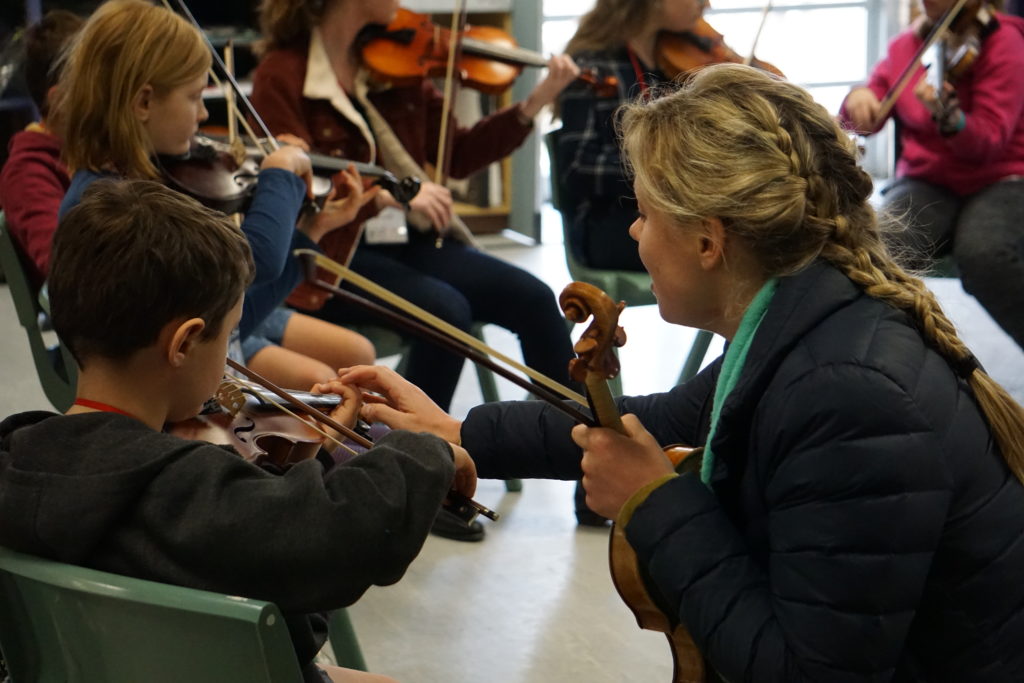
Tenterfield and the
beat of the bush
Around 100 kids in regional NSW and QLD attended a week-long music school run by internationally acclaimed music educators. Children from all over the region who had never met one another, played an instrument nor sung in a choir before this program amazed their family members with the talent and skills they had learnt in just five days.
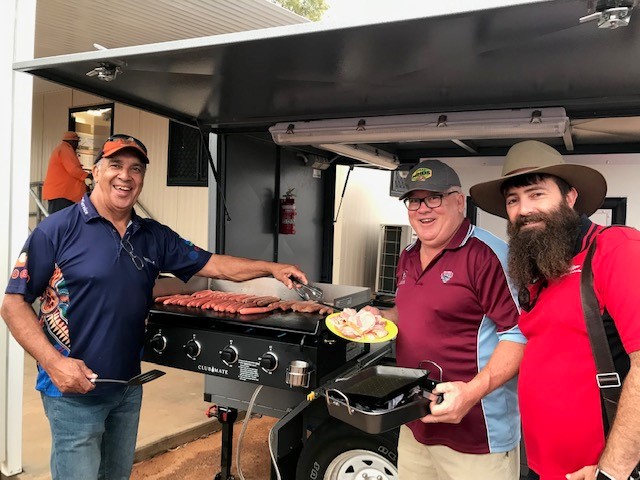
Chill’n’Grill –
BBQing for Boulia
The Council received a $26,000 grant from the Tackling Tough Times Together program, funded by Tim and Gina Fairfax, to purchase their new Chill’n’Grill BBQ trailer. The trailer included a fridge and safety equipment, which would allow community groups to transport and operate it safely.
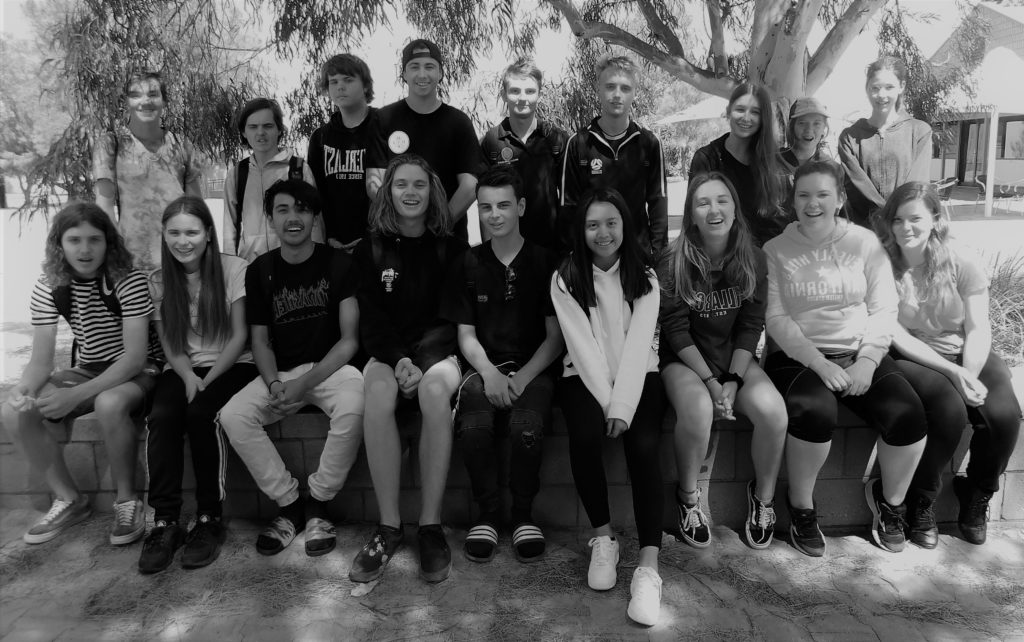
Ripples of resilience
on Eyre Peninsula
A $20,000 Tackling Tough Times Together grant has made a significant difference to the lives of more than 50 year 10 students – and their families – on the Eyre Peninsula, in South Australia. The grant went toward the salaries and operational costs of delivering the Youth Opportunities program.
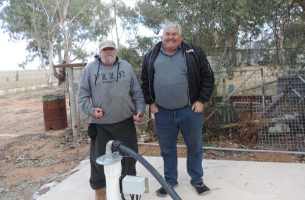
Greening the
Sunset Strip Village
Sunset Strip Village’s community centre precinct has been transformed into a green oasis, thanks to a $19,070 TTTT grant funded by the Australian Government.
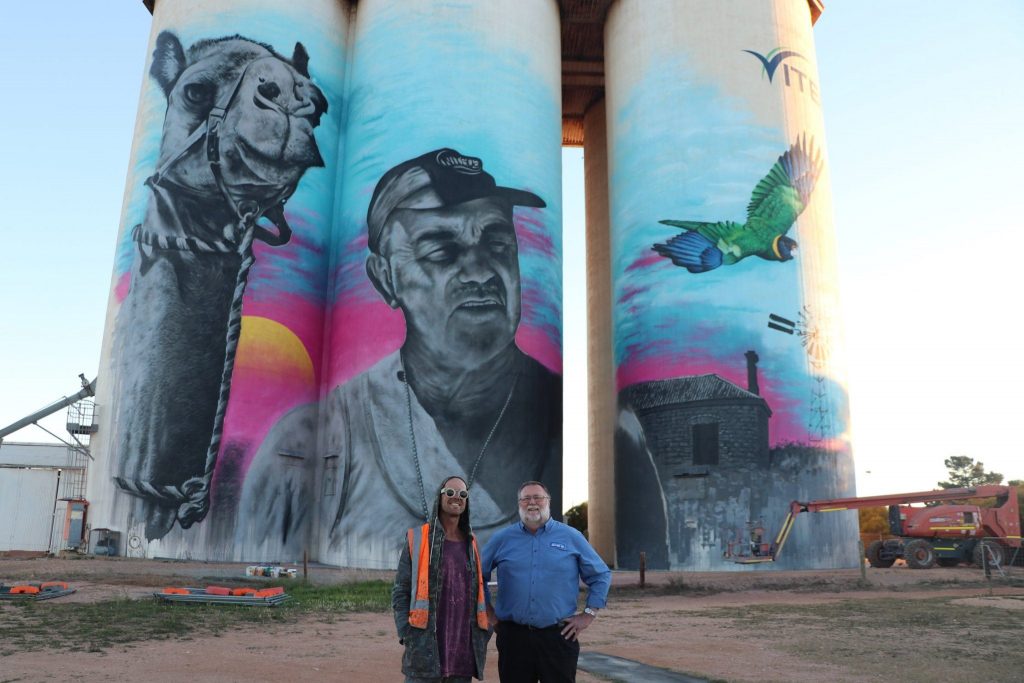
Cowell Silo Art Project
in Franklin Harbour
The Franklin Harbour Community Development Group sought to expand their local tourism market in a bid to stimulate the local economy, which has been adversely affected by the flow on effects from a community in drought.

